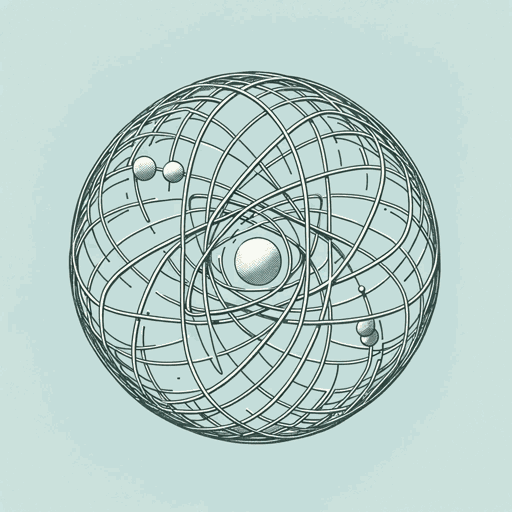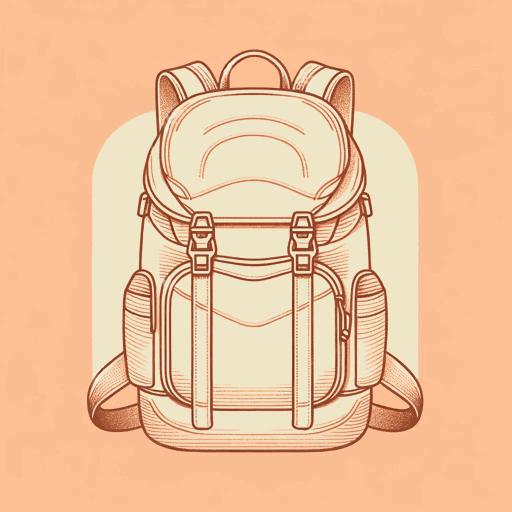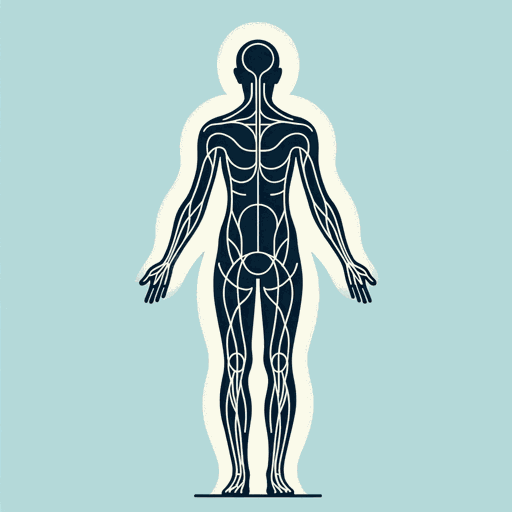73 pages • 2 hours read
Bill BrysonThe Body: A Guide for Occupants
Nonfiction | Book | Adult | Published in 2019A modern alternative to SparkNotes and CliffsNotes, SuperSummary offers high-quality Study Guides with detailed chapter summaries and analysis of major themes, characters, and more.
Key Figures
Bill Bryson
Bryson, born in the U.S. in 1951, emigrated as a young man to England and adopted it as his home. There, he developed his careers as a journalist and author. For a time, he also was chancellor of Durham University. Bryson’s best-known works include A Short History of Nearly Everything, lauded for its clear explanations of scientific topics, and A Walk in the Woods, made into a film starring Robert Redford.
Chevalier Quixote Jackson
Dr. Jackson (1865-1958) was a pioneer in laryngology who specialized in removing items accidentally swallowed or inhaled. He developed many of the instruments used to extract foreign objects and collected 2,374 dislodged items, which today are housed in a museum at Philadelphia’s College of Physicians. Though considered cold and remote by those who knew him, Jackson saved hundreds of lives and is regarded as a giant of medicine.
Three Greats
Three doctors who worked at Guy’s Hospital in 1830s London made major contributions to medicine and are called the “Three Greats.” Thomas Addison figured out appendicitis, was an expert on anemia, and has five diseases named after him, including Addison’s Disease, a degeneration of the adrenal glands, the most famous sufferer of which was U.S. president John F. Kennedy. Richard Bright discovered Bright’s Disease, or nephritis, an inflammation of the kidneys.
Related Titles
By Bill Bryson

A Short History of Nearly Everything
Bill Bryson

A Walk in the Woods
Bill Bryson

In a Sunburned Country
Bill Bryson

One Summer: America, 1927
Bill Bryson

The Life and Times of the Thunderbolt Kid
Bill Bryson

The Lost Continent
Bill Bryson

The Mother Tongue: English and How It Got That Way
Bill Bryson

